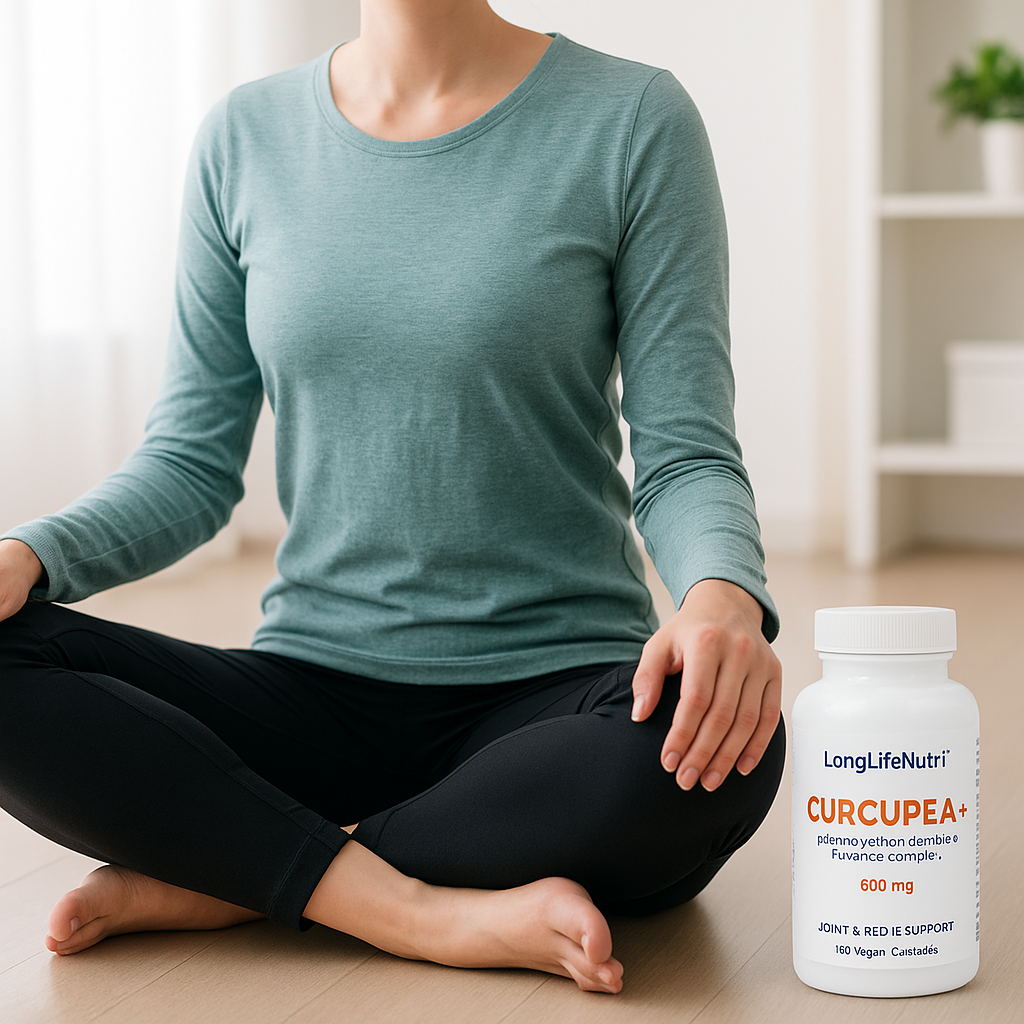News — CurcuPEA+
Curcumin and Epigenetics: The Molecular Science Behind Its Anti-Inflammatory Power
bioavailable curcumin curcumin curcumin anti-inflammatory curcumin epigenetics curcumin inflammation curcumin molecular biology curcumin supplement CurcuPEA+ DNA methylation curcumin epigenetic supplements histone modification microRNAs inflammation natural anti-inflammatory NF-kB inhibition Nrf2 activation palmitoylethanolamide turmeric turmeric and gene expression turmeric capsules turmeric complex turmeric health benefits
In the vast world of natural compounds, few have received as much scientific acclaim as curcumin—the golden pigment found in turmeric. Traditionally used in Ayurvedic and Chinese medicine, curcumin is now being recognized by modern science for its powerful anti-inflammatory effects. But what gives this ancient spice such a potent biological punch? The answer lies deep in the molecular realm—specifically in how curcumin interacts with our epigenome.
Epigenetics, the study of how lifestyle and environment influence gene expression without changing the DNA sequence, has revolutionized our understanding of health and disease. And curcumin stands out as a natural epigenetic modulator. By influencing DNA methylation, histone modification, and microRNA activity, curcumin can switch genes on or off, particularly those involved in inflammation and immune response. In this article, we'll explore how curcumin impacts the epigenome and unlocks powerful anti-inflammatory pathways that may help combat everything from arthritis to neurodegeneration.
Is It Bad to Sit Cross-Legged? Posture, Circulation & Joint Health Explained
anti-inflammatory support back pain best sitting position circulation and sitting CurcuPEA+ ergonomics hip health is it bad to sit cross-legged joint pain from sitting joint supplement knee strain longlife nutri nerve health palmitoylethanolamide posture habits sitting cross-legged sitting floor vs chair sitting positions turmeric for joints turmeric PEA supplement
Sitting cross-legged is a habit that feels natural to many people, whether during meditation, while relaxing on the floor, or even in a chair. For some, it’s a cultural norm or a position of comfort. But questions continue to surface around whether sitting in this position is harmful over time. Is it merely a harmless quirk, or could it be affecting your posture, circulation, and joint health?
The truth is, sitting cross-legged isn’t inherently bad—but it does come with pros and cons that depend on your body, posture habits, and how long you remain in the position. In this guide, we’ll break down the biomechanics of cross-legged sitting, who may benefit from it, who should be cautious, and how to support your joint and nerve health with strategies and supplements like CurcuPEA+. Whether you're sitting on the floor or at your desk, this article will help you sit smarter.


